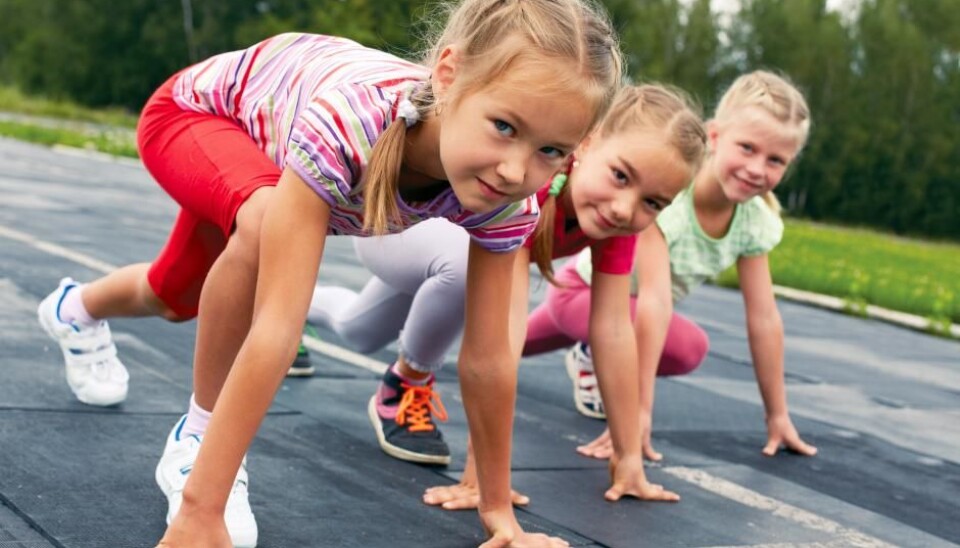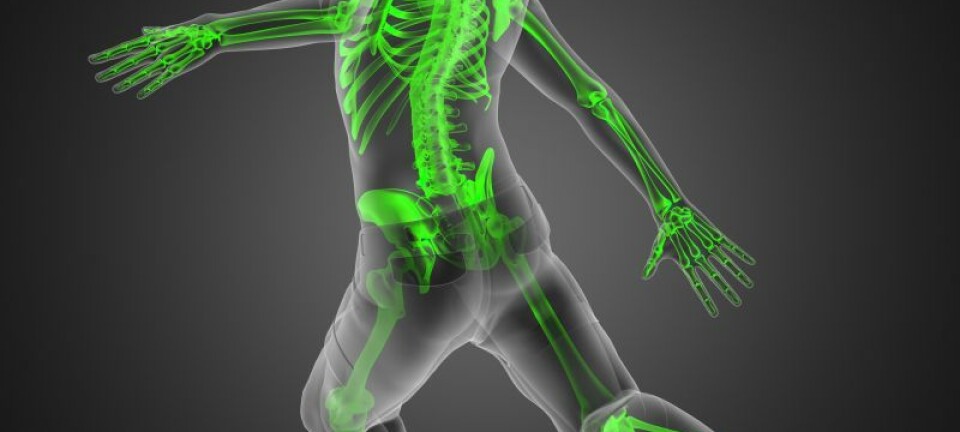
Scientists: Children should get their pulse up daily
Children have better memory skills, are healthier, and get more out of school when they get their pulse up on a daily basis. Physical activity should be a fixed part of every child’s daily routine, say scientists.
Exercise after learning helps children to remember. But children should not take intensive exercise before coming to class.
These are two of the conclusions of a new study that has scanned hundreds of scientific articles on the impact of physical activity in school and a child’s free time.
“Children’s understanding of what they have just learnt is increased if they get their pulse up with high intensity physical activity one hour after class,” says Jens Bangsbo, professor of integrated physiology at the University of Copenhagen’s Department of Nutrition, Exercise and Sports.
“There is also a relationship between children’s coordination skills and their learning. Those with poor development of motor skills struggle with academic subjects. Their learning ability is boosted if they partake in coordination training,” he says.
Active children are rarely sick
Bangsbo was one of 24 researchers from eight different countries participating in the so-called Consensus Conference in Copenhagen, Denmark, who reached a consensus on 21 evidence-based recommendations on why physical activity should be an obligatory part of a child’s daily routine, both in and out of school.
Exercise increases children’s ability to understand and remember what they learn in school, say the scientists in a statement published in the British Journal of Sports Medicine (BJSM).
Perhaps unsurprisingly, the scientists also discovered evidence that it prevents a range of conditions including, heart disease, diabetes, and disorders of the locomotor system when children and young people keep fit.
Sporty children have better mental well-being
It is not only children and adolescents’ physical health and their academic achievements that are improved by ball games, running, coordination training, cycling, and other forms of exercise.
Scientists have also found evidence that physical activity has a beneficial effect on children’s psychological well-being. Self-esteem is given a boost by regular exercise, and physically active children also have a better relationship with classmates, parents, and teachers.
Children and adolescents who play sports are also more respectful, socially responsible and better at handling emotions.
Parents’ attitude is essential
But how do you motivate the YouTube generation to get active?
“Denmark is a pioneer because the recent primary school reform has introduced 45 minutes of obligatory physical activity every day. Unfortunately, many schools have not yet implemented this rule, because many teachers don’t know how [to],” says Bangsbo.
He and his fellow scientists also conclude that parents’ attitudes are essential in shaping children’s motivation. Kids follow their parents’ example, so there is a much better chance that they will be physically active if their parents themselves stay active, and they support and encourage their children to do the same.
---------------------
Read the Danish version of this article on Videnskab.dk
Translated by: Catherine Jex









